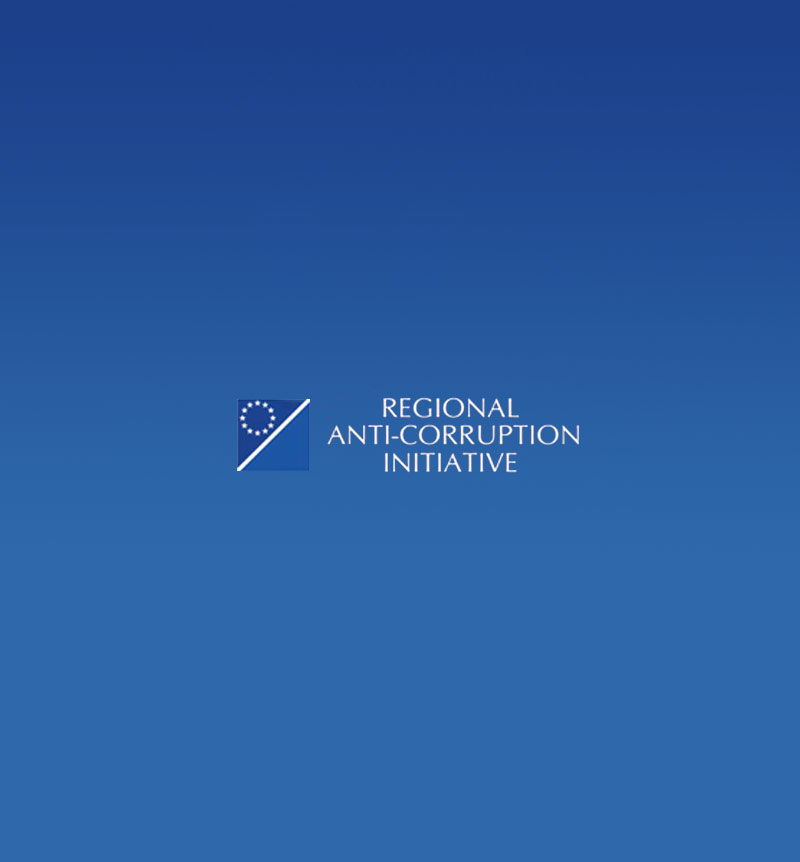- December 20, 2018
- Posted by: admin
- Categories: News Bulgaria, News Romania, SEE News
The European Parliament adopted a report supporting Romania and Bulgaria’s bids to join the border-free Schengen Zone, despite a lack of consensus among European Council members.
The European Parliament on Tuesday adopted a report stressing that Romania and Bulgaria’s readiness to join the Schengen Agreement should not be linked to the rule of law in the two countries, despite the lack of consensus on the matter in the European Council, the European Union’s top decision-making body.
“The countries have already met the criteria, the Commission has said this, the experts have said this,” the European Parliament’s rapporteur, Bulgarian Socialist Sergey Stanishev, told his fellow MEPs during a debate in Strasbourg on Monday night.
“The [EU] Council simply doesn’t know what to say. For the past five years the Council has been in breach of European rules failing to adopt a decision on the accession of Romania and Bulgaria to the Schengen area,” Stanishev said. According to Stanishev’s report, a rumoured proposal that the two countries join Schengen “partially” by removing restrictions for sea and air borders but keep restriction on land borders “did not make much sense” and could have a negative effect on the economy of the two EU states.
The report also urged the Council to step up the decision-making process in Croatia’s case.
Stanishev criticiwed the Netherlands for opposing the Schengen admittal based on rule of law criteria, despite the two countries having met technical criteria for border safety and control. Dutch Prime Minister Mark Rutte reiterated on September 13 when he visited Bucharest that his country opposes Romania joining Schengen due to its corruption problems.

The country has seen increased political turmoil during the past two years, after the ruling Social Democrat Party pushed for changes in the justice system to curb the influence of prosecutors. The legislative changes have been criticized for threatening the rule of law in the country and have triggered a series of mass protests.
Romania and Bulgaria have been under special monitoring in terms of justice affairs by the European Commission since they joined the European Union. However, while Brussels praised Bulgaria for its progress in its latest report in November, Romania has received the heaviest criticism for its backtracking in the fight against corruption.
Meanwhile, recent remarks attributed by Bulgaria media to the European People’s Party’s candidate for the presidency of the European Commission, Manfred Weber, concerning Bulgaria’s likely accession to the Schengen Area in 2019, have sparked anxiety in Romania.
Weber was reported as saying that Bulgaria will join Schengen in 2019 but Romania will not.
Although the European Commission has not confirmed the remarks, critics of Romania’s government have blamed its weak governance record for the country’s possible failure to get the green light join the visa-free zone right before it take over the European Union Council presidency on January 1.
Balkan Insight
11 December 2018
Disclaimer: All views, opinions and accounts included in the RAI News Section are those of the authors; their inclusion does not imply official endorsement or acceptance by RAI. The News Section reflects the selection of topics of informative value to the organization and its stakeholders. Its content is taken from press/media sources and does not in any way reflect official RAI Secretariat policy. RAI Secretariat is not responsible for possible inaccuracies in media reports.



